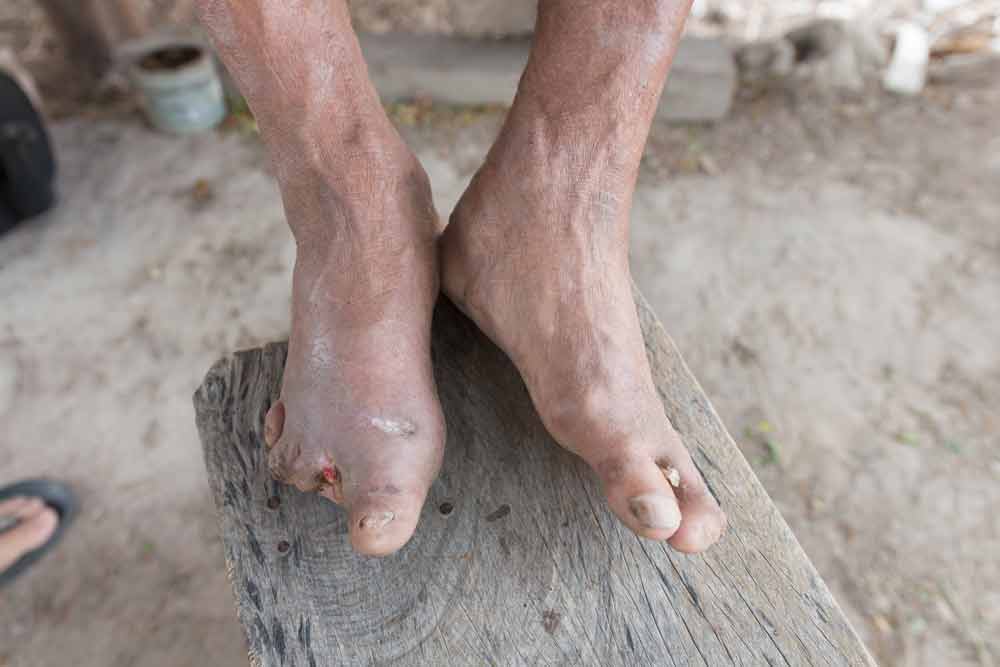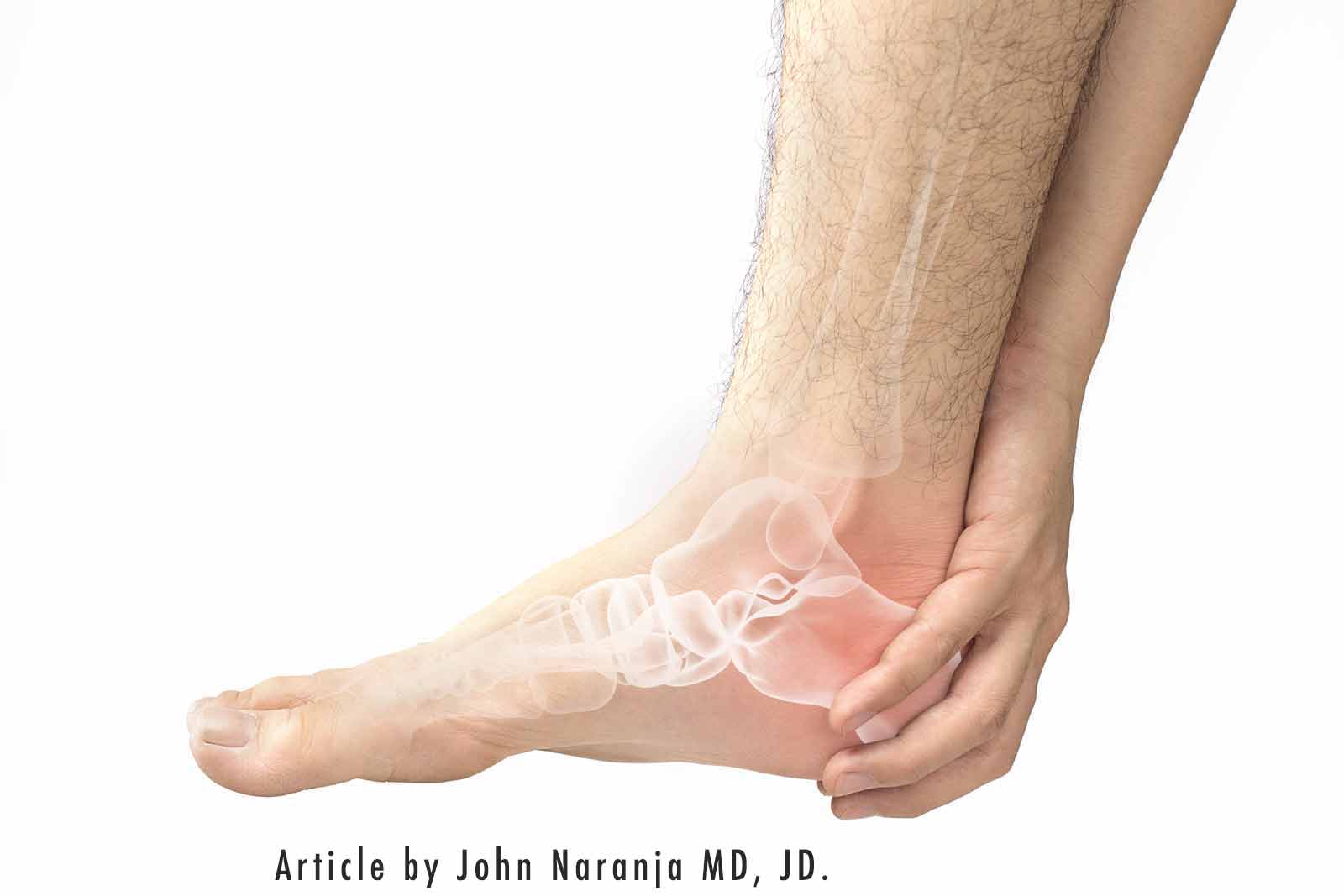 Numbness, which is sometimes described with tingling, is defined as a loss of sensation of a particular body part. Medical providers often refer to this symptom as paresthesias. In this article, we will discuss numbness as it relates to the lower extremity, in particular the foot. Typically, numbness is associated with some kind of injury, irritation, or compression of a nerve. A short-term kind of numbness has likely been experienced by many when we stay in one position for too long, for example sitting with your legs crossed, and you feel your leg and foot “fall asleep.” Or, if your shoes are too tight, numbness is a predictable result.
Numbness, which is sometimes described with tingling, is defined as a loss of sensation of a particular body part. Medical providers often refer to this symptom as paresthesias. In this article, we will discuss numbness as it relates to the lower extremity, in particular the foot. Typically, numbness is associated with some kind of injury, irritation, or compression of a nerve. A short-term kind of numbness has likely been experienced by many when we stay in one position for too long, for example sitting with your legs crossed, and you feel your leg and foot “fall asleep.” Or, if your shoes are too tight, numbness is a predictable result.

Broadly speaking, the causes of a more concerning type of numbness can be divided into brain and nerve conditions directly; trauma; metabolic disorders; infections and inflammation, toxin exposure; and as a side effect of some medications. Complaints of any prolonged type of numbness require an evaluation by a physician which may include some kind of testing or imaging to confirm a diagnosis and/or cause.
Brain and nerve conditions that can cause numbness in the foot include tumors, strokes, and brain aneurysms. Tumors and aneurysms (a bulge in an artery) cause numbness by exerting pressure on a nerve or part of the brain.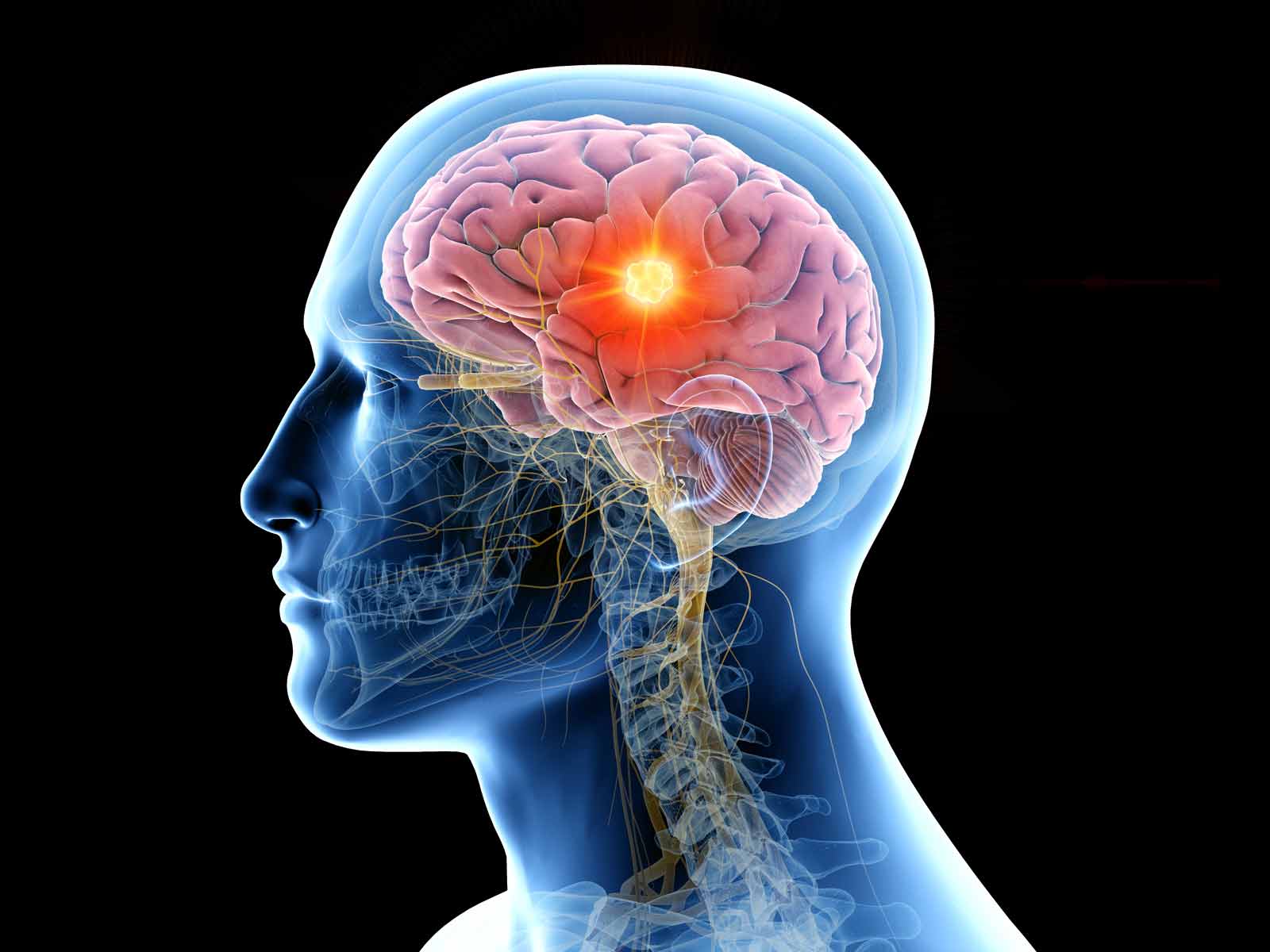
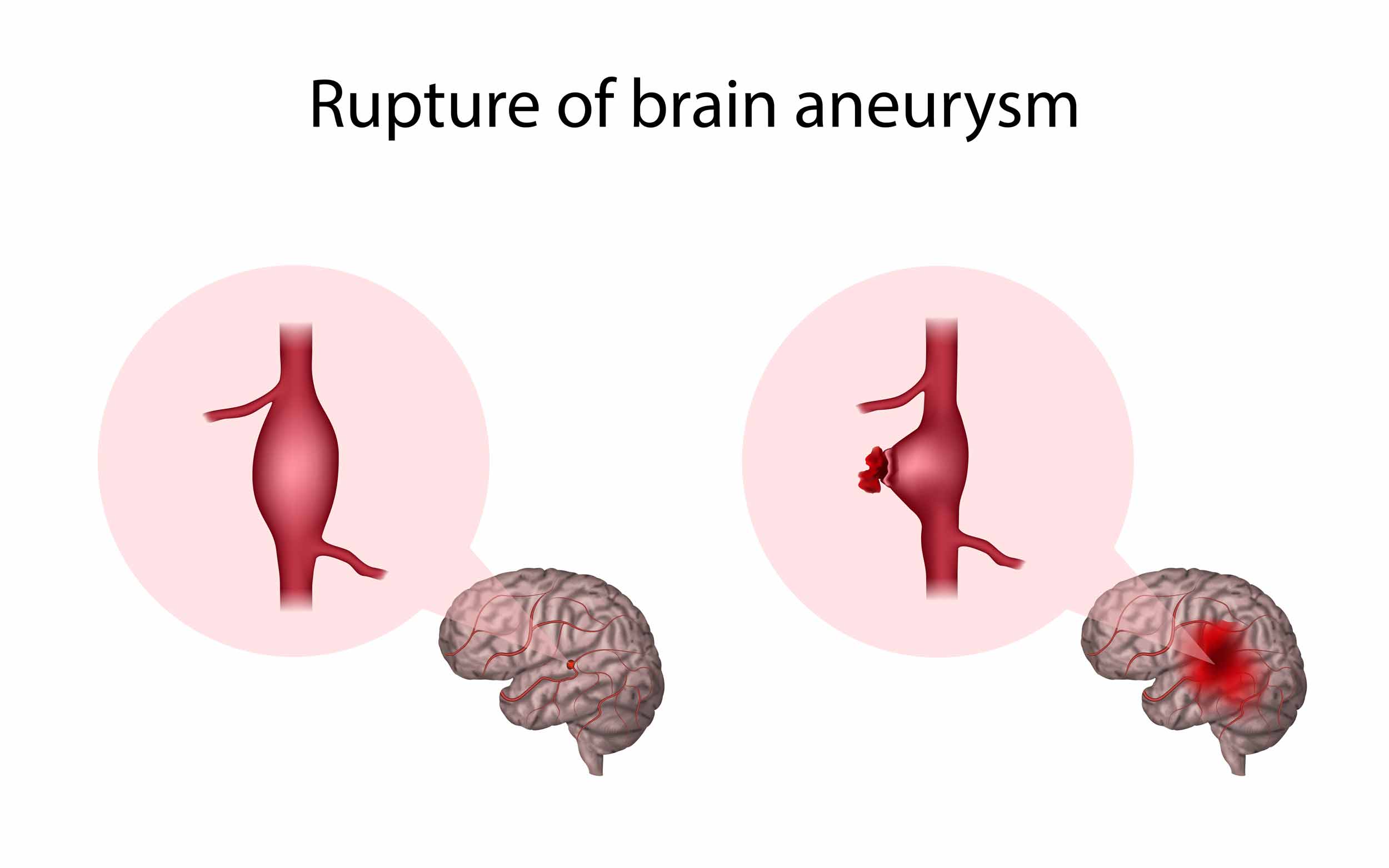
Strokes occur when there is an interruption of the blood supply and the brain and/or nerve cells die as a result.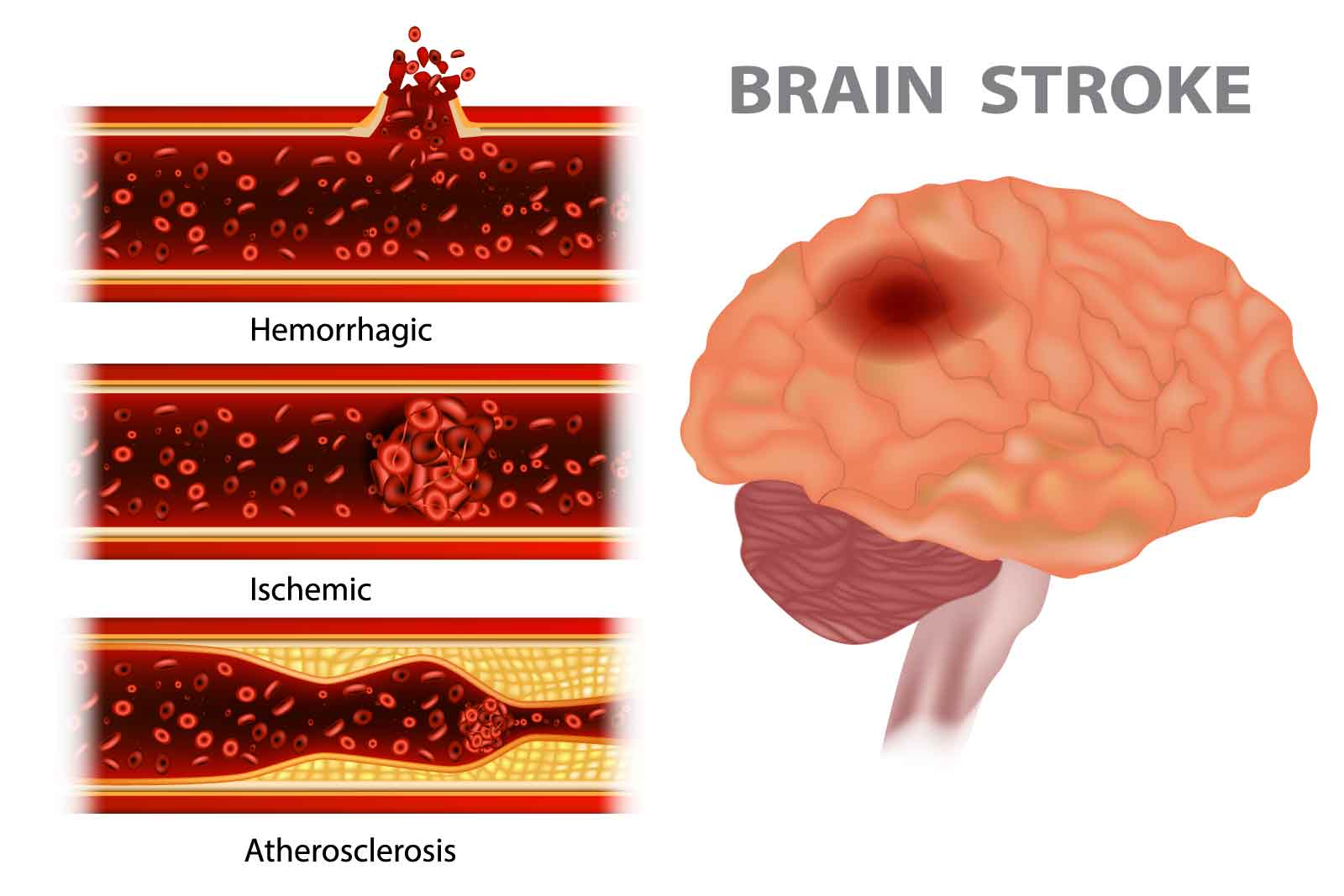
Multiple sclerosis is another condition involving the brain that can cause numbness in the feet.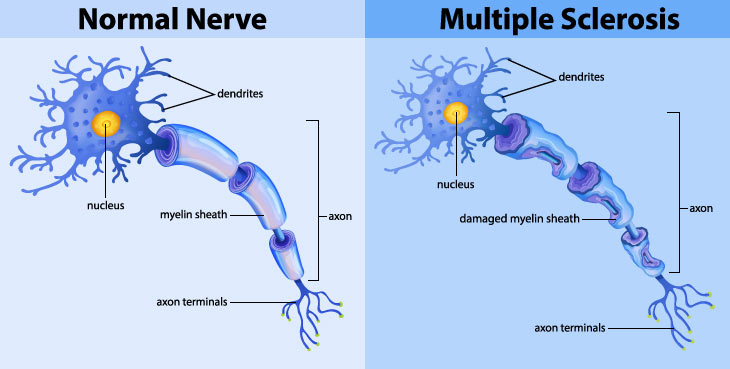
One of the more common traumatic conditions that can cause numbness in the feet is from a herniated disk in the back.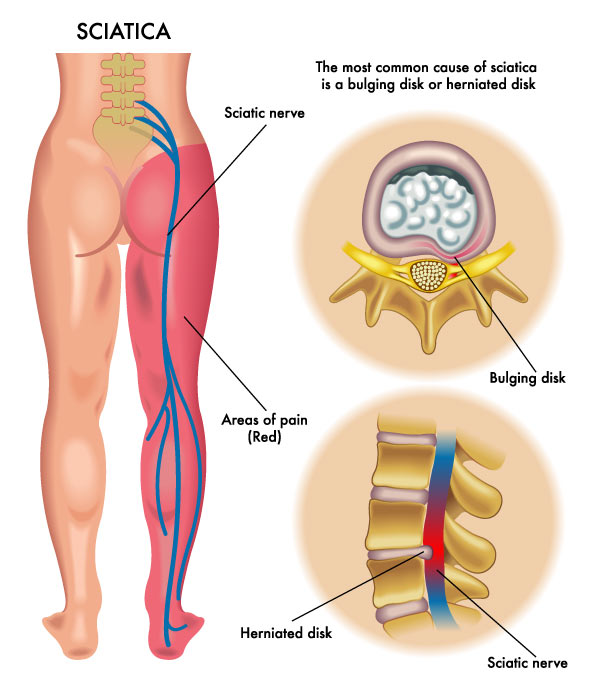
The level of the disc will determine the distribution of numbness (as well as other symptoms such as weakness and/or loss of reflexes). For example, a herniated disc that affects the L5 nerve root will primarily be associated with numbness to the top of the foot. A herniated disc that affects the S1 nerve root will be associated with numbness to the outside and bottom of the foot. Other traumatic causes of numbness to the foot include crush injuries to the foot. For example, a heavy object that falls directly onto the foot may compress the nerves in the foot causing numbness.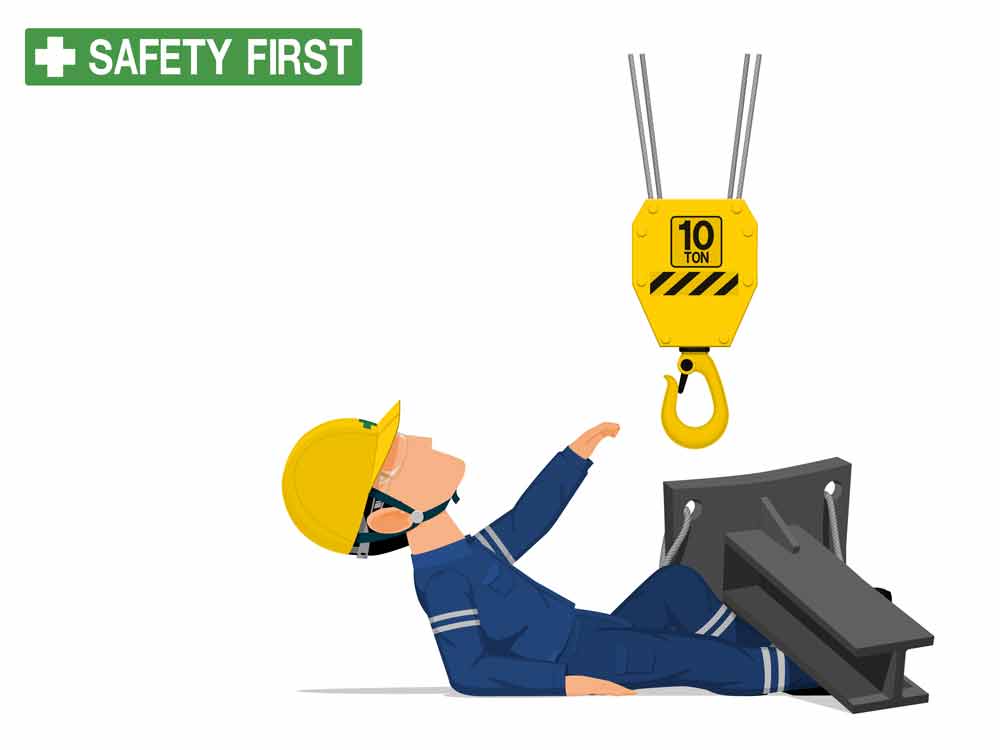
Related to trauma, but considered to be a type of repetitive microtrauma is a condition called tarsal tunnel syndrome. Tarsal tunnel syndrome is the foot’s counterpart to the common condition of carpal tunnel syndrome of the hand and wrist, where a nerve gets entrapped as it travels in a narrow part of the body’s anatomy and is associated with swelling and inflammation from repetitive movements.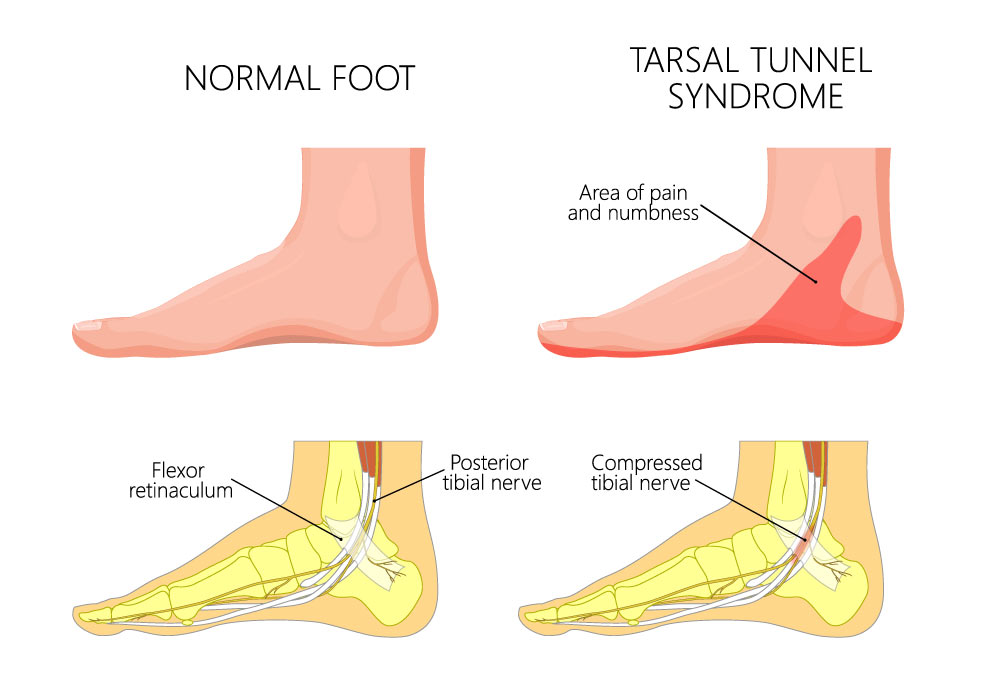
Metabolic disorders include conditions such as diabetes. When numbness occurs with diabetes, this has been termed diabetic neuropathy. When it involves the extremities, it has also been called peripheral neuropathy. High sugar levels associated with diabetes cause damage to the nerves which leads to numbness.
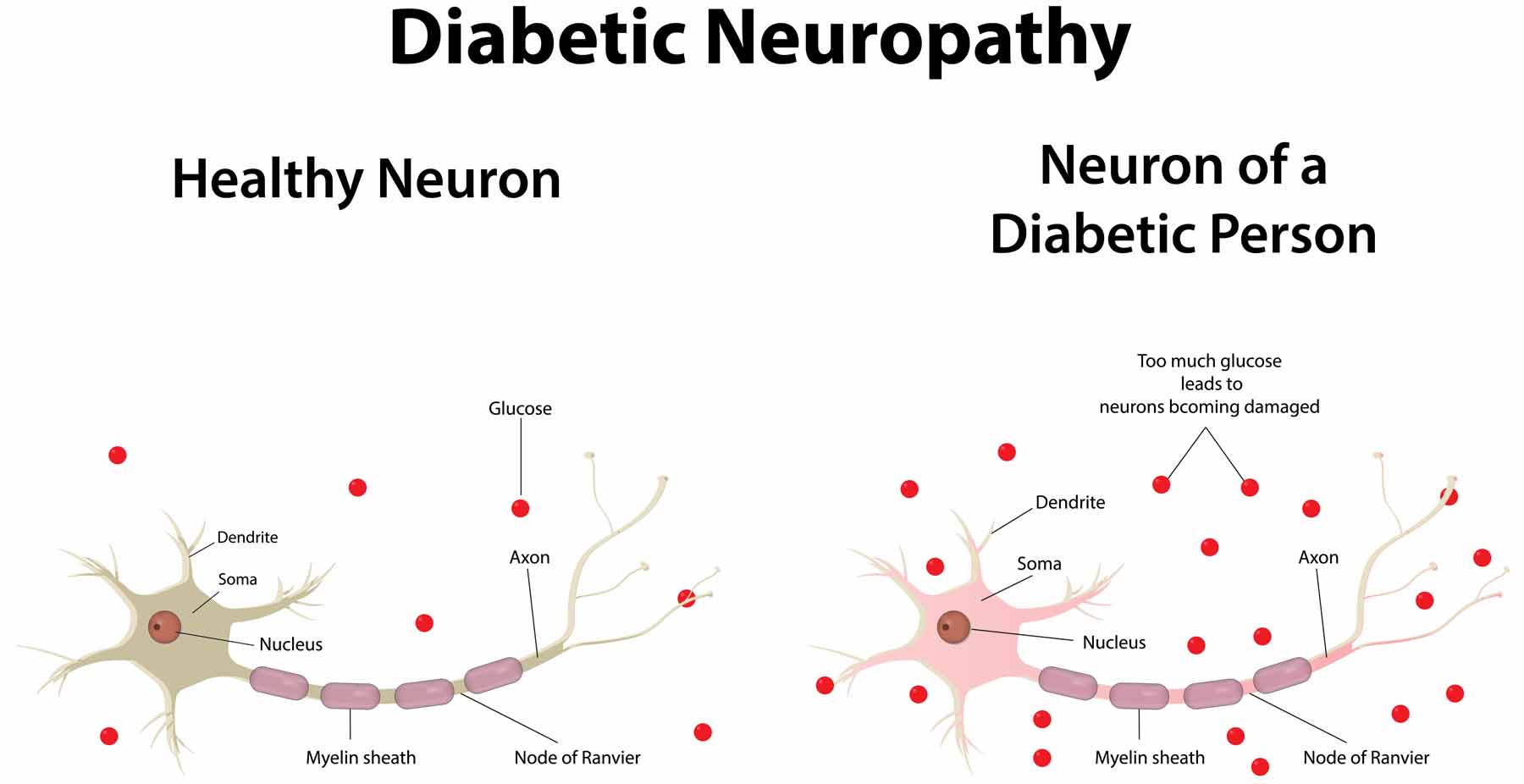
Close monitoring and intervention are necessary to prevent serious complications.
Infections such as Lymes’ Disease,
and shingles can cause numbness. Other inflammatory disorders such as Morton’s Neuroma,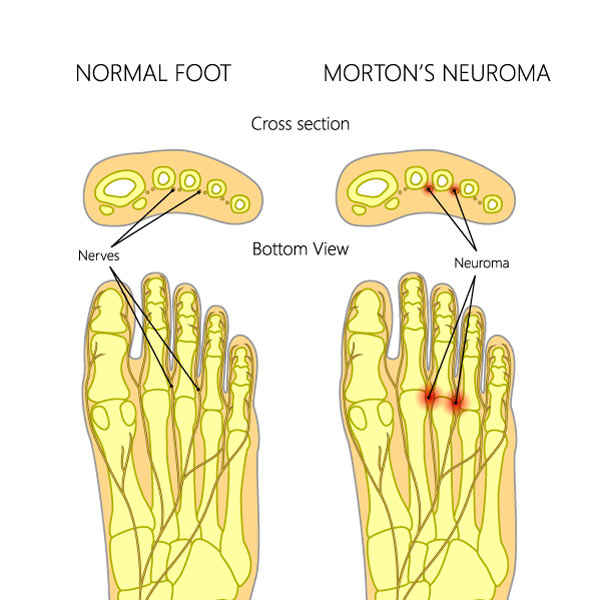
Raynaud’s Phenomenon,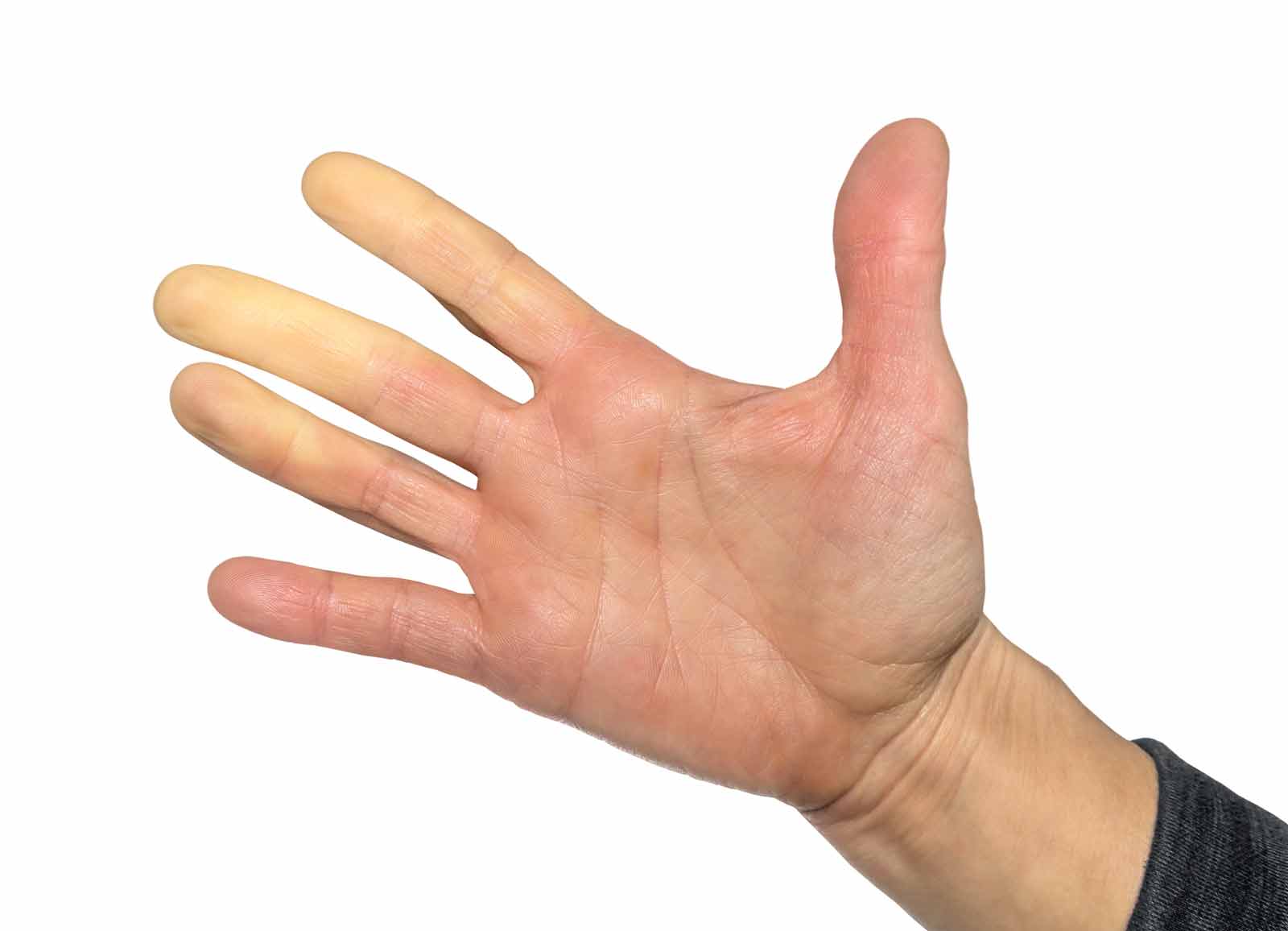
And Guillain-Barre Syndrome (where one’s own immune system attacks the nerve)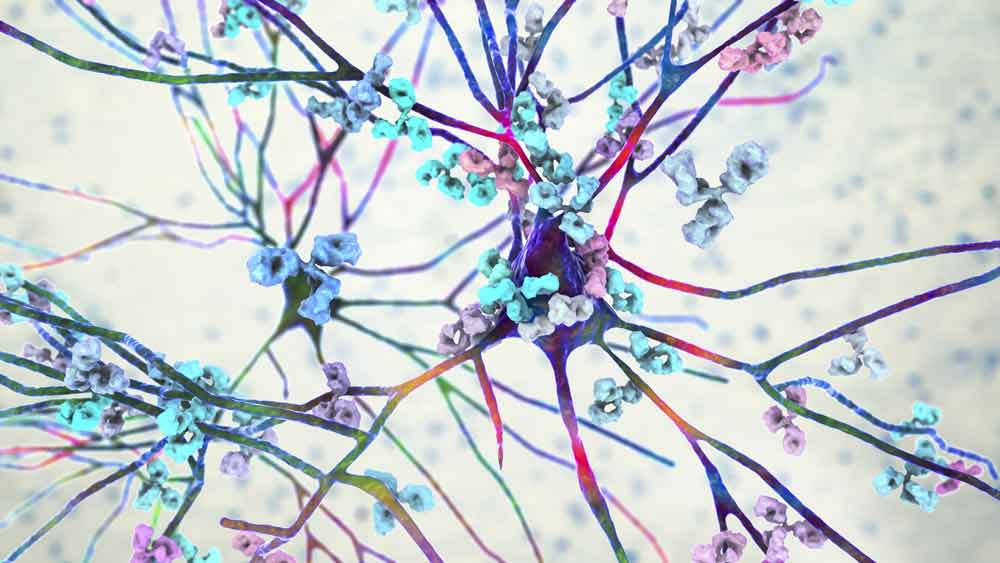
may be involved with foot numbness as well.
Toxin exposure includes substances such as alcohol and heavy metals. Heavy metals include substances such as mercury
lead, cadmium
Poisoning by heavy metals, however, is relatively rare. Alcohol may cause nerve damage in two recognized ways. One is from direct damage by the alcohol to the nerves.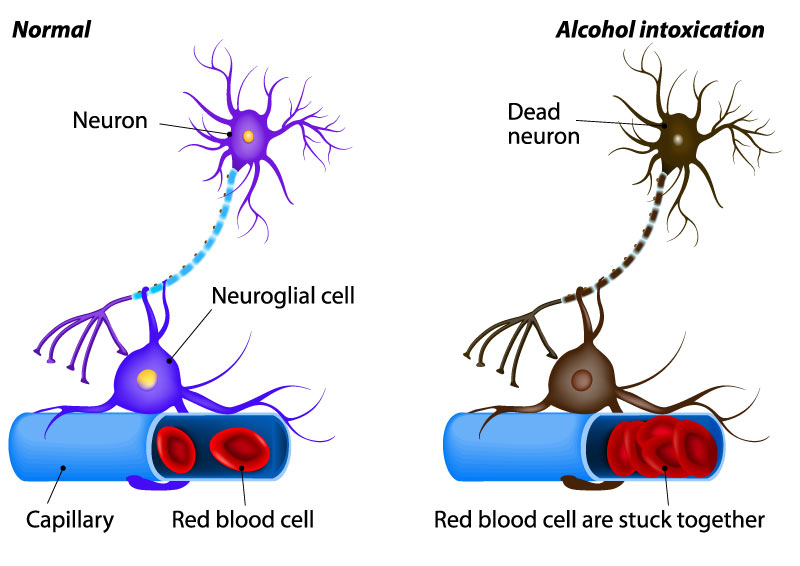
The other is caused as an aftereffect of excessive drinking where individuals develop nutritional deficiencies. Thiamine, folate, niacin, vitamin B6, vitamin B12, and vitamin E are some vitamins whose levels are affected and are necessary for nerve function.
Another form of toxin exposure is exposure to some drugs and medicines that are necessary for the treatment of various medical conditions. For example, many chemotherapeutic agents have as a side effect numbness and tingling of the hands and feet. These agents can result in peripheral neuropathy.
Although the above discussion is not exhaustive, the causes of foot numbness can generally be classified in the above categories. Identification of associated symptoms and exposures can help narrow the particular cause.
Dr. John, Esq. is both an attorney and a physician. Before obtaining his law degree, Dr. John Naranja practiced for approximately 12 years as an orthopedic surgeon.

